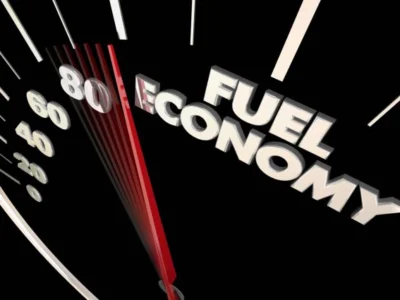An Economist’s Perspective on Technology Forcing
Matthew Wald reports that companies that supply motor fuel will face million dollar EPA fines for not blending in cellulosic biofuel into gasoline and diesel. What excuse do such sellers make? They say that cellulosic biofuel doesn’t exist — so they can’t meet a legal mandate.
If the regulator gently nudges the firm to engage in a costly transition to a lower carbon fuel, the firm has an incentive to signal that it is trying hard to meet the regulator’s worthy goals but it will have little incentive to actually try hard.
The technology mandate (i.e being required to blend in 6.6 million gallons of biofuel) is a sharp nudge to the firm to change its game. From the EPA’s perspective, the surprise must be how “upward sloping” the biofuel industry’s supply curve is. There must have been an optimistic economist at EPA who assumed that the biofuel industry would ramp up its production of biofuels so that sellers of motor fuel could buy this stuff.
The biofuel industry appears to not be making the progress that its boosters claimed it would. Given the uncertainty associated with endogenous innovation, this scenario should have been anticipated and the laws could have been written contingent on the innovation actually taking place. There may be a general lesson here as AB32 is rolled out and new uncertain technologies are part of the “tool kit”.
In a sense there is an externality here. The current failure of the biofuel industry to ramp up its production has imposed costs on the motor oil sellers. Is life fair?







Reader Comments